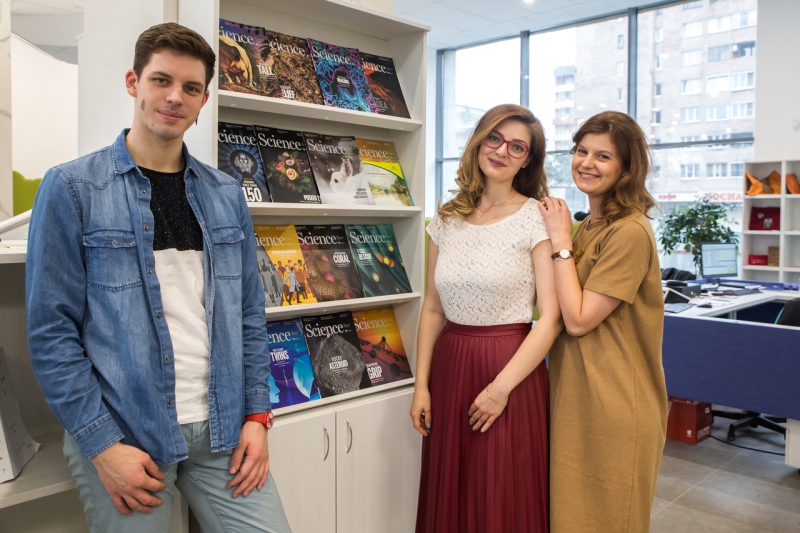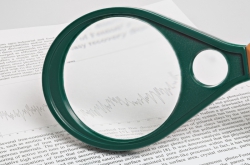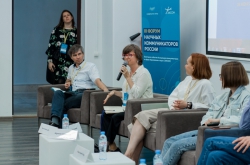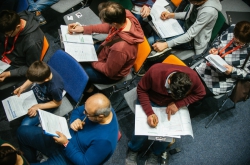AKSON Young Professionals is an educational project for science communicators who already work in the field and want to further develop their skills. As part of the project, its participants take part in monthly meetings with leading professionals from Russia and Europe, where they discuss their work, as well as challenges, failures and achievements. The main goal of the project is to create a platform for knowledge and experience exchange between young professionals in the field of science communication.
The Association for Communication in Education and Science (AKSON) is a voluntary association of specialists in the field of science journalism and PR at the country’s scientific and educational organizations. Its mission is to develop the field of science communication in Russia.
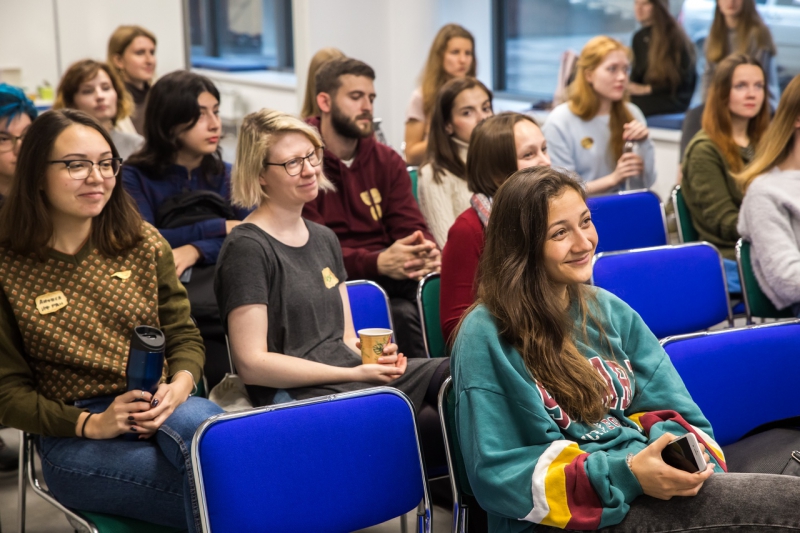
Starting point: Switzerland
How did you come up with the idea of organizing regular meetups for specialists working in the field of science communication?
Elizaveta Dubovik: It all started with me participating in an international conference on science journalism in Switzerland, where I went thanks to AKSON. I was very impressed with everything going on there. I made friends with other participants, who represented various professional associations or projects in the field of science communication or journalism. Though they’re all very young, they manage to work around the world and share experiences, mainly thanks to the fact that they have each other and can help each other. It was then that I thought that we also had the Association for Communication, which could help us all get together. Right now, members of our professional community only meet once a year at the Forum of Science Communicators organized by AKSON. Apart from that, there are some chats where we share vacancies, and that’s it. This is hardly enough to develop professionally together. Keeping that in mind, I suggested hosting regular meetups so that we could share experiences on a regular basis and discuss various cases together.
Ksenia Malchenko: Elizaveta discussed her idea of the Young Professionals project with AKSON President Alexander Borisova, who immediately supported it. Then Lisa shared her thoughts with me and Sergey, and we supported it too and jointed the project.
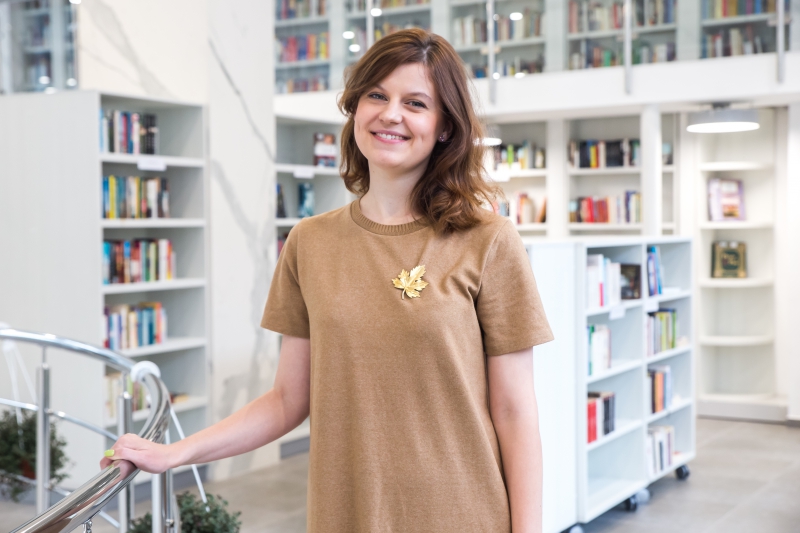
Why is that important?
Ksenia Malchenko: I work at the Higher School of Economics in St. Petersburg. The university is now expanding, but it initially focused on social sciences and the humanities. Science communication in these fields can be much more of a challenge than it is in the field of natural or technical sciences. The thing is that many people do not consider humanities disciplines scientific, however, this is a wrong assumption, and our task is to solve this problem. For me, this is a huge challenge and my main motivation for becoming part of this new project. I hope that together we can find a solution to this problem.
Sergey Belov: Science communicators need to meet in person because this community is relatively new and quite fragmented. Our task is to bring these specialists together and help them realize that they are not alone in their work, that we all face the same problems.
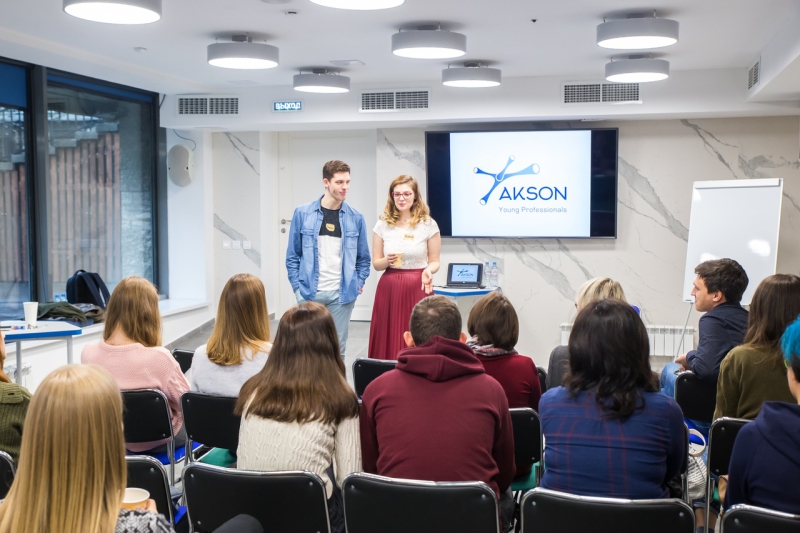
Elizaveta Dubovik: This is important for each of us as part of the professional community. Now it is quite heterogeneous: there is a group of science communicators and there are people who do PR. In research institutes, this task is often performed by some part-time researcher. However, there are also more advanced organizations out there, who are ready to tell people, particularly kids, about science. The main problem is that all these groups exist on their own. We would like it to be a large system that works organically in all its diversity.
Are you thinking about expanding your project further to the regions?
Sergey Belov: I don’t quite understand what exactly needs to be done in order to achieve this.
Ksenia Malchenko: So far, unfortunately, it is too complicated. In St. Petersburg and Moscow, we can do it on our own, but the three of us are not enough to work all over Russia. But at least once a year we participate in the Forum of Science Communicators where we meet with our colleagues from other Russian regions. At the Forum, organizations compete for the title of the best communication service and the one that takes the grand prix gets the right to host the next Forum. There have been three forums so far, and the grand prix went to organizations from Moscow and St. Petersburg. But if next year an institution from another region wins, the forum will be held there.
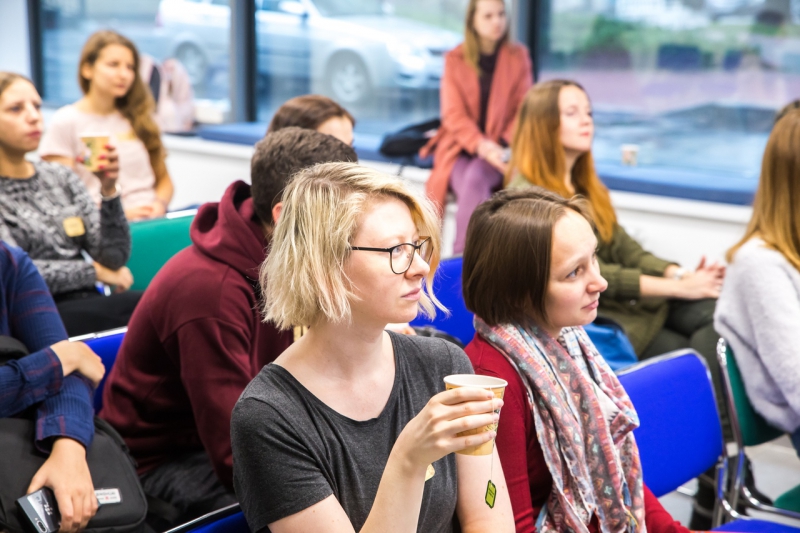
Results of first meetup
The first meetup for science journalists and communicators brought together over 40 people, including guests from Moscow. Among the speakers were Alexander Golovin, the author of the CritMouse popular science podcast, who talked about the opportunities this channel of communication offers, as well as how to start creating your own popular science podcast; Ivan Shunin, former editor of the Attic popular science portal and head of the Summer School workshop on scientific journalism, as well as Egor Zadereev, head of the science communication group of the Krasnoyarsk Research Center.
“It so happened that I was among the first people in Russia who started making popular science podcasts. My mission at this meeting is to convince people that it’s time to stop using channels on YouTube, because everyone is fed up with them, and switch to podcasts instead. However, this is not going to be simple. If you are completely new to this world of podcasts, it can be really hard to understand what needs to be done first. This is what I launched my podcast studio for, to help people make their podcasts better. Two Tracks is the first podcast studio in St. Petersburg, where you can come if you want to make a podcast and get help,” shares Alexander Golovin.
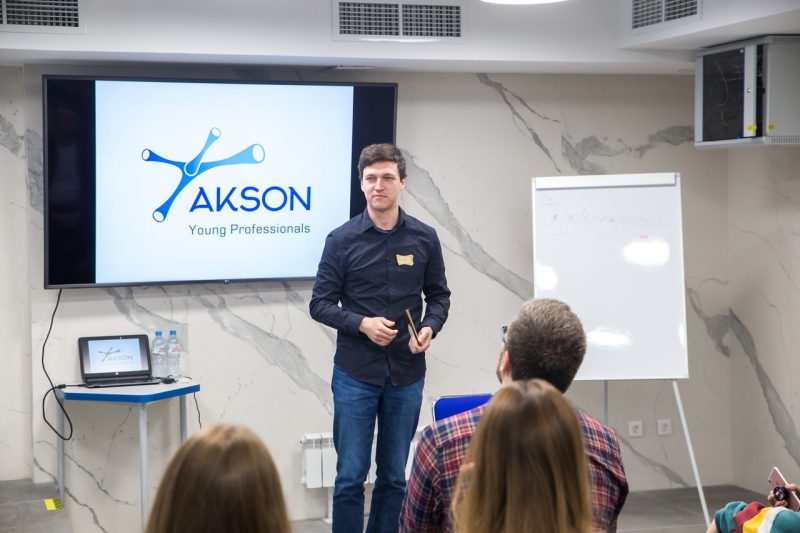
The next meetup is scheduled for the beginning of November and will take place in Moscow.
“I am very glad that the first graduates of our science communication program came up with such an initiative. Lena Brandt, one of the founders of the Association, once said that for science communicators “It’s time to gather stones”. Continuing this metaphor, I can say that now the construction has begun,” says Daria Denisova, head of ITMO University’s Science Communication Center.
